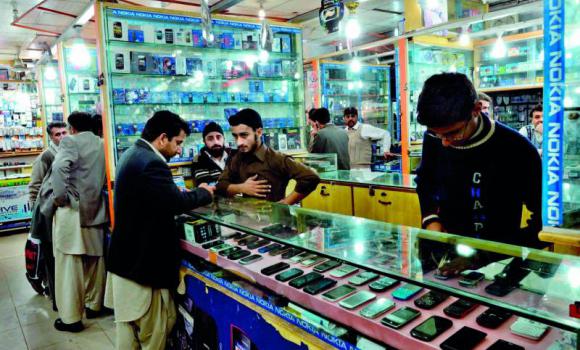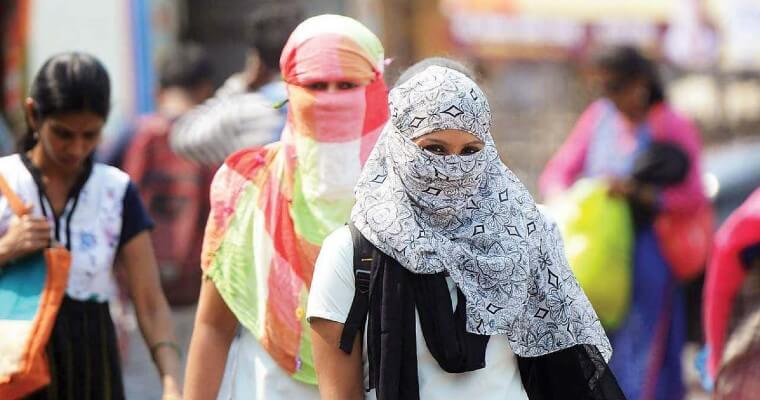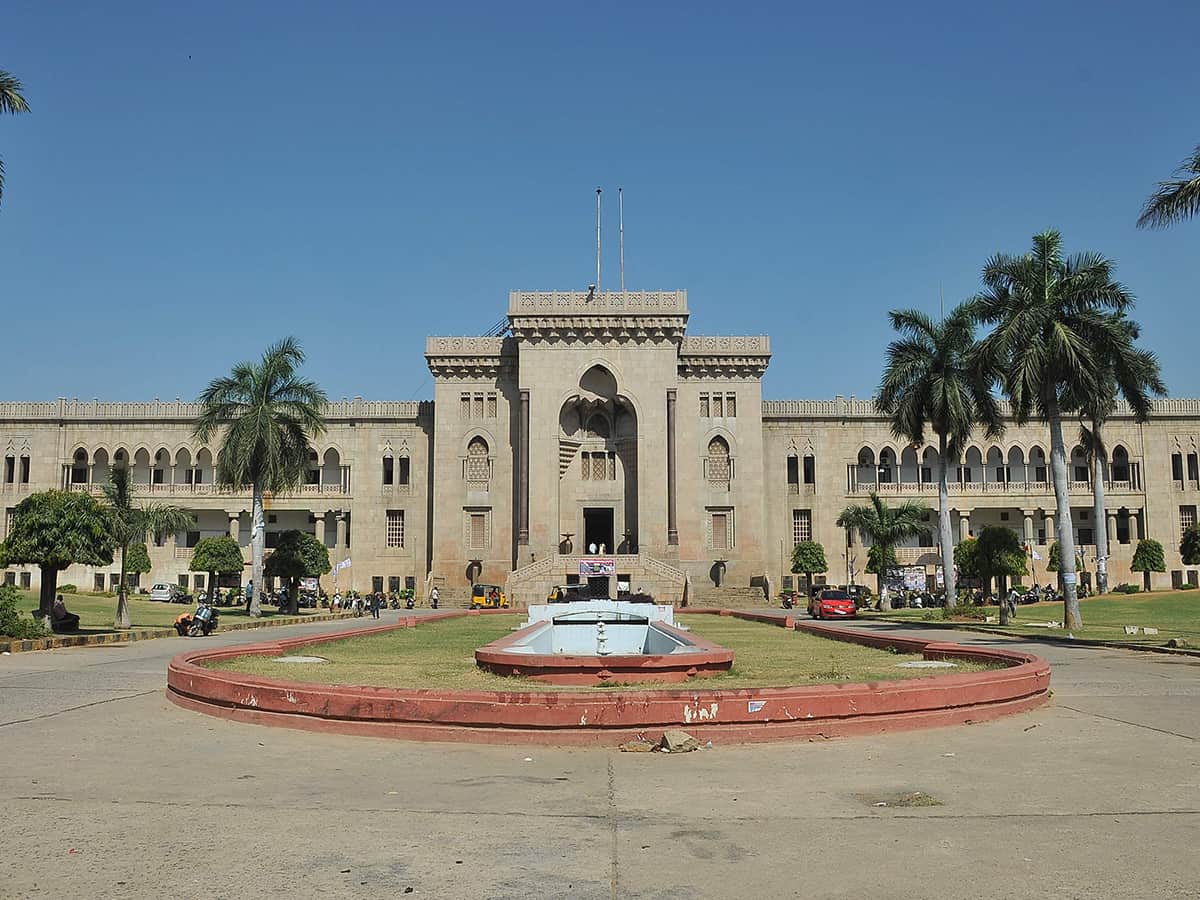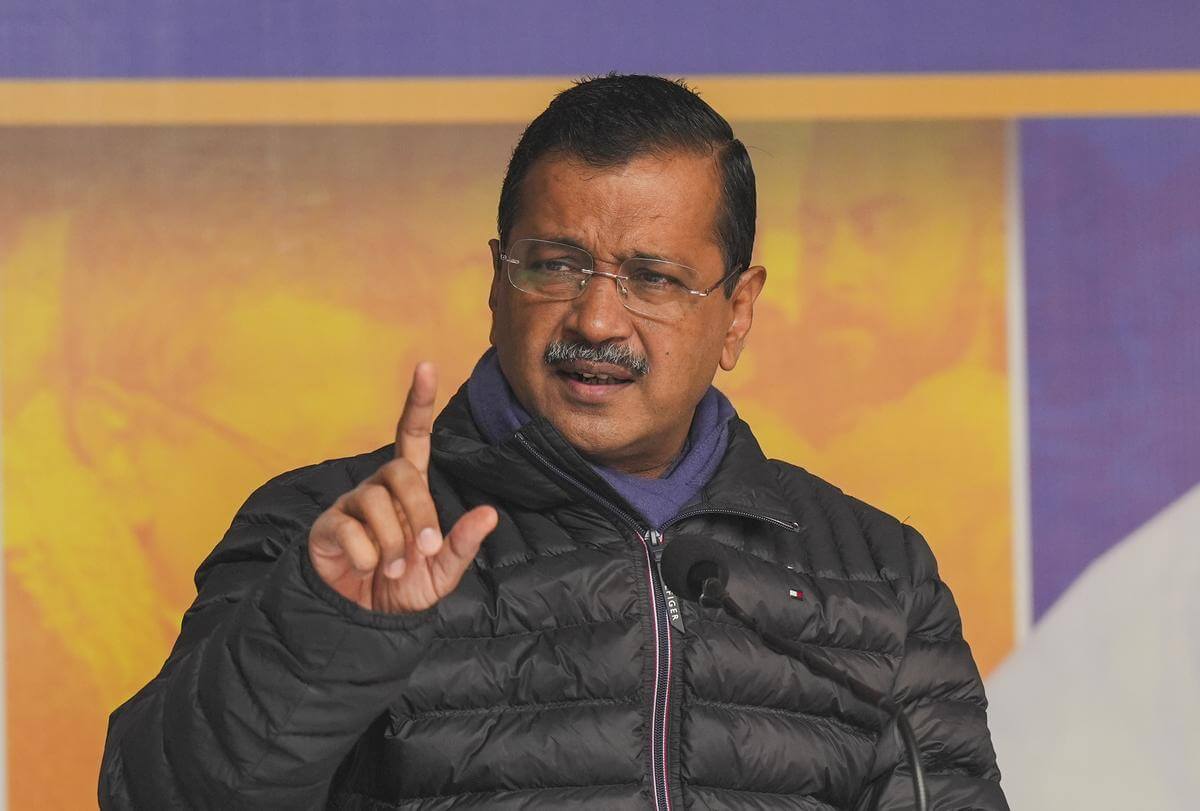Expats set to lose jobs in departmental stores in another wave of Saudisation
Wed 26 Jul 2017, 21:58:54

The number of Indians travelling to Saudi Arabia for work has declined in the last few years. While 3,29,882 Indians are said to have travelled to the kingdom in 2014, the number dropped to 3,06,642 in 2015. The figure went even lower in 2016 at 1,65,356. Things are not very rosy for expats living there either as they will now have to pay a "dependent fee" for each family member on a yearly basis.
While this was already a concern, the fresh blow comes in the form of a decision by Saudi Arabia's Ministry of Labour and Social Development that says jobs at confectionery shops and departmental stores must be restricted to citizens of the kingdom, reported Khaleej Times, citing Arabic daily Al Madina.
Not just that, the Shoura Council has reportedly also asked the ministry to shut down smaller groceries and other supply stores and issue licenses to larger stores which can employ locals, thus increasing employment.
The ministry has also said that mobile vans serving and transporting food and drinks must also only employ Saudis, which in turn will create about 6,000 jobs. An additional 5,000 jobs for locals are likely to be created in car rental
offices.
offices.
Meanwhile, this is not the first time that the Saudi government has devised ways to create more jobs for the locals. Often called "Saudisation," it has urged companies to hire more locals as opposed to getting people from other countries for work.
"This is to encourage the private sector to employ a greater number of Saudi nationals as well as to reducing reliance on expatriate workers. Further, against the backdrop of declining oil prices, the Saudi government has introduced a number of new taxes/VAT so as to augment the sources of government revenue," the Times of India quoted the foreign ministry as saying.
Not just supply stores, Saudisation is also said to have taken over various sectors such as telecom and healthcare. This might create jobs for Saudis but comes as a shocker for lakhs of Indians working in the kingdom in an array of sectors as they will lose their jobs to locals and will be forced to return to India.
Even in 2013, hundreds of Indians had returned to the country after the introduction of the Nitaqat law. Unemployment woes had brought about a wave of anxiety among expats living in the kingdom and they chose to return to India before they were deported.
No Comments For This Post, Be first to write a Comment.
Most viewed from International
Most viewed from World
AIMIM News
Delhi Assembly polls: Owaisi leads Padyatra in Okhla
Feb 01, 2025
We reject this Waqf Amendment Bill: Asaduddin Owaisi
Jan 30, 2025
Latest Urdu News
Most Viewed
May 26, 2020
Which political party will win the Delhi Assembly polls to be held on Feb 5?
Latest Videos View All
Like Us
Home
About Us
Advertise With Us
All Polls
Epaper Archives
Privacy Policy
Contact Us
Download Etemaad App
© 2025 Etemaad Daily News, All Rights Reserved.

.jpg)
.jpg)




















.jpg)
.jpg)

















